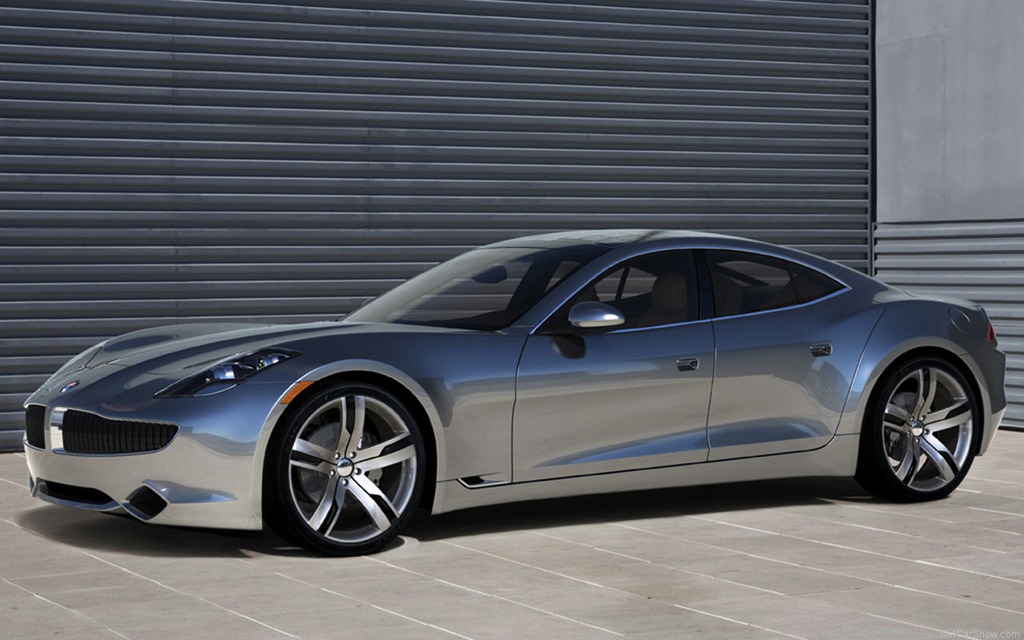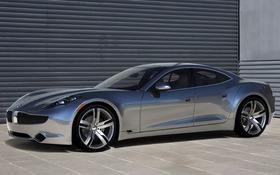Takata Airbag Recall: Another 40 Million Cars Added to the List
Takata just announced that between 35 and 40 million cars had to be added to the recall list. The total number now hovers around 69 million units…
Every single airbag made by Takata has to be recalled. For now, the side-impact and rear airbags aren’t affected. This means that there might be another recall added down the line. An extra 32 million cars would then be added to the tally.
The National Highway Traffic Safety Administration (NHTSA) gave Takata until 2019 to prove that their ammonium nitrite airbags were safe. For now, they simply added every single car to the recall. In the United States, one out of four vehicles is affected.
- Also: Takata Recall: Some Hondas are More Dangerous than Previously Thought
- Also: More Airbag Woes; FCA Recalls Nearly 2 Million Vehicles
Takata products are found in 15 different manufacturer’s vehicles. The most recent recall added five automakers to this list: Mercedes-Benz, Volkswagen, Tesla, Fisker as well as Jaguar/Land Rover.
The replacement is a monstrous undertaking and Takata can’t build new units fast enough. On the 28 million vehicles affected, only 28% have been fitted with safe airbags.
So far, there have been 11 deaths throughout the world and 100 injuries directly related to the Japanese manufacturer’s faulty airbags.
The world’s largest recall is a serious financial issue for Takata. According to financial analysts, the overall cost for fixing the whole debacle stands at more than 24 billion US dollars…










